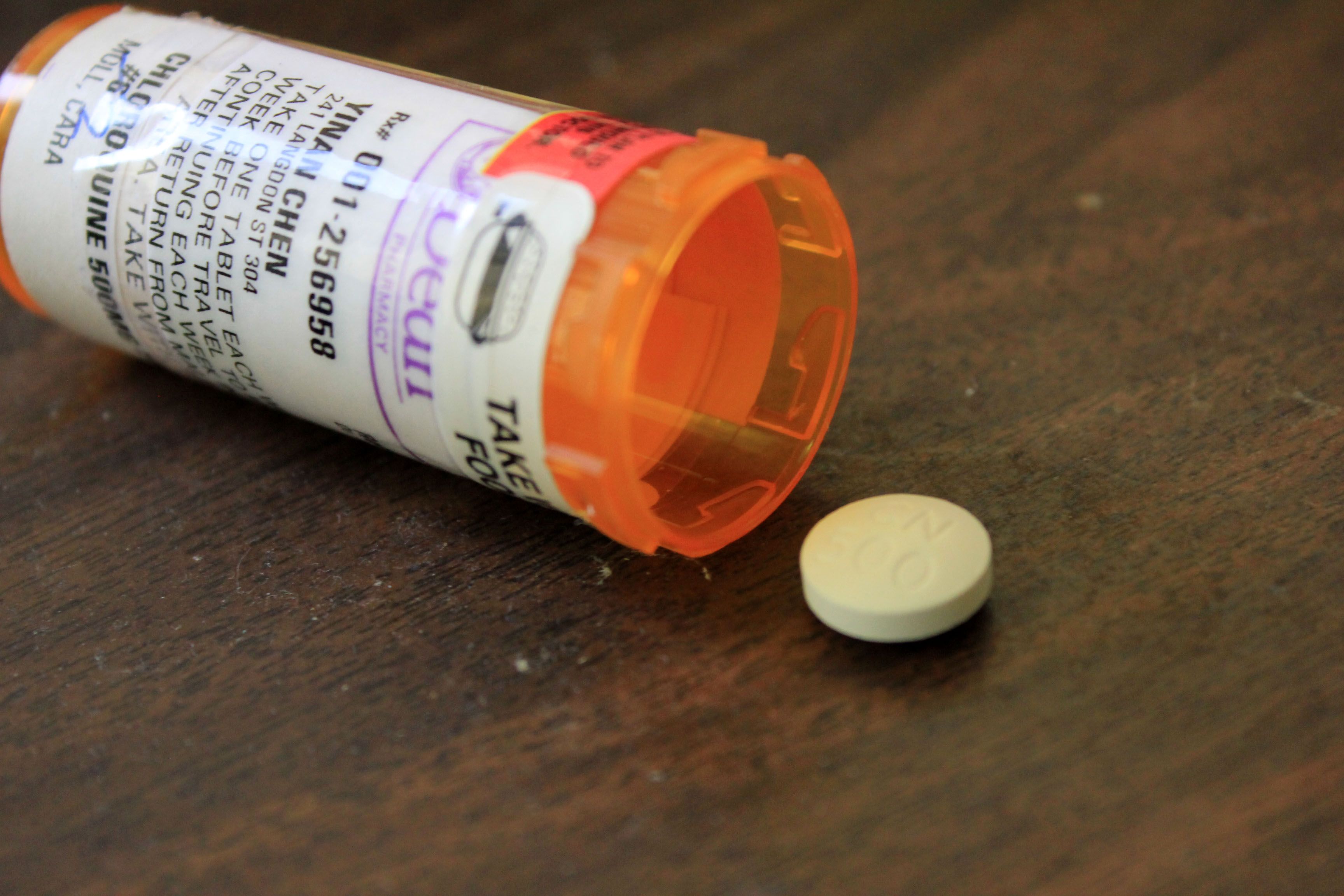Views expressed in opinion columns are the author’s own.
Growing up near Hagerstown, Maryland — a town identified as a stop on Maryland’s “Heroin Highway” — I’ve seen the crisis surrounding opioid addiction in everyday life. Nearly everyone I attended high school with either knew someone who used heroin, or used it themselves. Hearing about a distant acquaintance or a friend’s family member overdosing was not out of the ordinary.
Thankfully, the state of Maryland is taking new strides to combat this emergency and suing several pharmaceutical companies that many believe kickstarted the opioid crisis.
In May, Attorney General Brian Frosh filed a lawsuit against Purdue Pharma, the pharmaceutical company that manufactures OxyContin. With this lawsuit, the state joins 47 other states and Washington, D.C., in looking to hold the company responsible for its misleading and dangerous marketing strategies while pushing the drug to doctors and, ultimately, patients.
Doctors can prescribe OxyContin as a pain reliever, but the drug is also a dangerously addictive opioid that can lead addicts to seek illegal substitutes such as heroin or prescription painkillers sold on the black market.
Although Maryland isn’t alone in taking this action, the state is doing more than jumping on a bandwagon against Purdue. The state has also filed lawsuits against the generic manufacturer Rhodes Pharmaceuticals, owned by the same family as Purdue, on similar grounds.
Additionally, Frosh stated that his office has been prosecuting corrupt doctors illegally prescribing opioids, a practice that has become known as running “pill-mills.” He added that he hopes any money won in the lawsuit will go toward continuing to solve the crisis. The state isn’t just doing this because it’s now safe to attack Purdue — it appears that Frosh truly cares about the issue.
Maryland is also standing up to pharmaceutical companies on a financial front. Legislation that passed in April will create a prescription drug affordability board with the intention of lowering the virtually uncontrolled price of drugs in the state. This initiative, which I wrote about in a previous column, marks an important stand against big pharmaceutical companies. Through campaign donations and lobbying, these companies are often unrestricted in their decisions regarding drugs prices despite their products being a necessity in many Americans’ lives.
This holistic approach to pharmaceutical reform is a change deeply needed in both Maryland and the country in general. This state’s vigor in holding pharmaceutical companies accountable for their exploitation of patients demonstrates a commendable level of care for its citizens.
Although the state has been hit especially hard by the opioid epidemic, with the fifth most opioid-involved overdose deaths in 2017 and an opioid prescription rate of more than half the population, no state is unaffected by the crisis. The affordability of prescription drugs is a national issue, and it’s worth noting how Maryland officials are taking decisive action to counterbalance the power of the pharmaceutical industry in ways that other states are not.
Thinking about my personal knowledge of the opioid crisis and the larger scale harm that the country has witnessed, Maryland’s lawsuit strikes me as especially important in finally holding Purdue Pharma and other catalysts of the opioid crisis accountable for the harm they’ve done. I’m glad that our state has joined a national trend in pushing for more regulation and is still eyeing state-specific needs with regard to pharmaceutical reform as well. The attorney general and General Assembly deserve credit for looking out for Marylanders on this issue.
Ray Newby is a rising sophomore English major. He can be reached at raynewby00@gmail.com.



